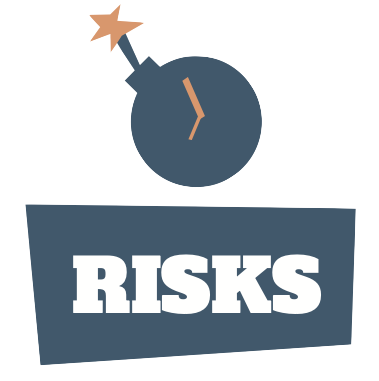Overview of whistleblower protection
Aggregazione dei criteri
1. The whistleblowing phenomenon

Whistleblowers are persons who report, within the organisation concerned or to an outside authority, or disclose, to the public, information on wrongdoings carried out in a work-related context, whether private or public, big or small. They are essential players in national and global efforts to detect and prevent corruption and other malpractices that may otherwise remain hidden.
However, they are often discouraged from reporting their concerns for fear of retaliation: they may
lose their jobs, harm their career prospects, and even put their own lives at risk.
Whistleblower protection currently available across Europe is fragmented:
- At the EU level, before the Directive's approval, whistleblower protection was provided only in specific sectors (mostly just in the financial services area), and to varying degrees. This fragmentation and these gaps meant that whistleblowers were not adequately protected against retaliation in many situations. If potential whistleblowers do not feel safe in coming forward with the information they possess, this results in underreporting and therefore ‘missed opportunities' for preventing and detecting breaches of Union law which may cause serious harm to the public interest.
- In the Member States whistleblower protection is granted with uneven policy areas: most of them do not have dedicated legislation in place; the few countries with dedicated legislation present major loopholes and fall short of good practice. For example:
- Cyprus and Latvia do not have any form of protection for whistleblowers;
- Austria, Bulgaria, Czech Republic, Germany, Denmark, Estonia, Greece, Finland, Croatia, Lithuania, Luxembourg, Poland, Portugal, Romania and Slovenia restrict protection to specific sectors (for example, public, private, banking/financial, etc.); Belgium and Spain limit it to part of the territory;
- France, Hungary, Ireland, Italy, Malta, the Netherlands, the United Kingdom, Sweden and Slovakia have a single horizontal law for protecting whistleblowers;
- Belgium, Bulgaria, Czech Republic, Greece, Lithuania and Romania have no provision for protection for private sector employees who report. Only partial protection is guaranteed - being provided only to employees in the financial and banking sectors - in Austria, Germany, Denmark, Finland and Poland;
- in Estonia and Finland there are no legal safeguards against retaliatory measures, while in Austria, Bulgaria, Czech Republic, Germany, Denmark, Greece, Croatia, Italy, Lithuania, Portugal and Romania whistleblowers are protected only against specific retaliatory measures adopted in a working environment (dismissal or discrimination);
- the protection of confidentiality of the informant's identity is not guaranteed in Germany, Greece, Luxembourg and Sweden, while Bulgaria, Spain and Portugal limit this protection to specific sectors.
 Lack of effective whistleblower protection could have negative impacts:
Lack of effective whistleblower protection could have negative impacts:
- on the freedom of expression and the freedom of the media, enshrined in Article 11 of the EU Charter of Fundamental Rights;
- on the application of EU law: whistleblowing is a means of providing national and EU enforcement systems with information, leading to effective detection, investigation and prosecution of breaches of Union rules;
- on the proper functioning of the single market.